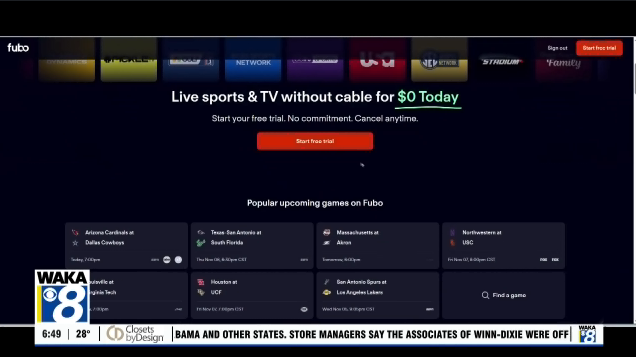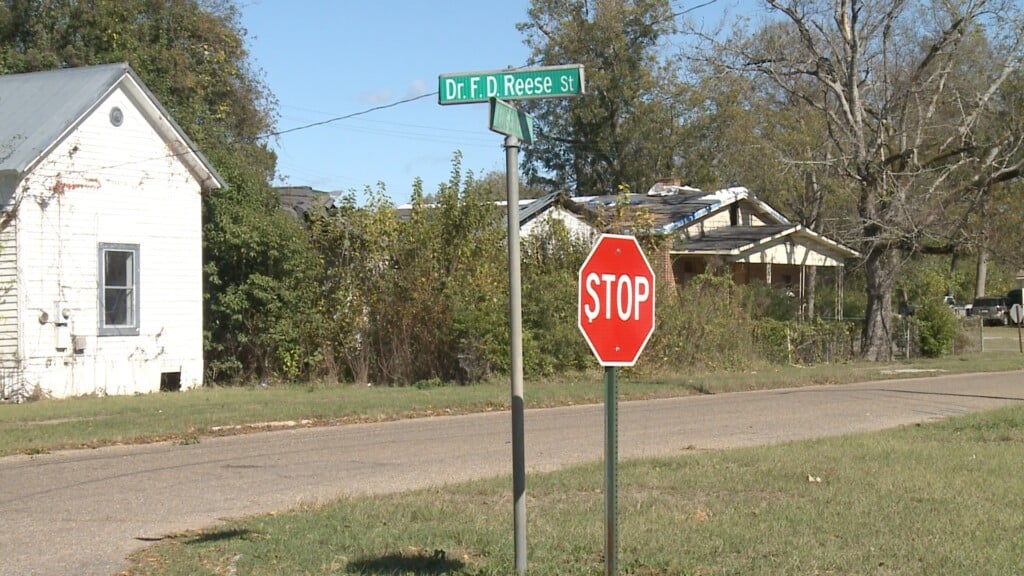Telehealth Program Expanding In Alabama

For many Alabamians who live in rural areas it can be hard to get good healthcare when a hospital is far away.
But a program called telehealth is expanding in the state and is helping to save more lives.
Telehealth lets doctors see patients who can’t travel all the way to the doctor’s office. This is helping doctors check up on more patients, and also helps stroke victims.
All a hospital needs is a cart with equipment that costs around $10 thousand.
It’s just like the physician is in the room doing a check up, but physicians are miles away.
The program has been around for about two years and has doubled in size from where it was a year ago.
“A year ago we had 30 or 40 presentation sites. Today we’ve got about 75 and we’re continuing to grow. There are just so many areas we’ve got to continue to grow in. People have not heard about telehealth. There’s certainly a learning curve we’ve got to continue to push,” said Ron Sparks, director of the Alabama Rural Development Office.
One of the sites that uses the program is Childersburg Primary Care. The hospital works with a local mental health facility moving toward weekly checkups with the patients through videoconferencing.
“The majority of primary care visits really don’t have to be accomplished face to face. If you’re talking with a patient who has blood pressure problems or cholesterol problems, issues like that, diabetes. You don’t really need to lay hands on the patient. So much of that can be taken care of over the screen. It saves time and money,” said Kathy Zicarelli, a nurse practitioner with the hospital.
And it can also save lives. Many rural hospitals can’t help stroke victims and end up sending them to the nearest neurologist, which could be a long trip. Through the telehealth program, patients can see a neurologist without going anywhere.
“Being able to get that patient in front of the neurologist, seen by the neurologist, and a plan of action determined and treatment determined, it can be life or death,” said Lloyd Sirmons with the Alabama Partnership for Telehealth.






